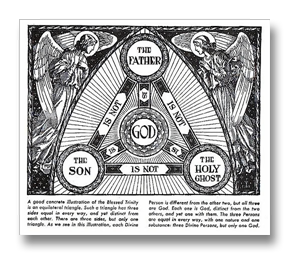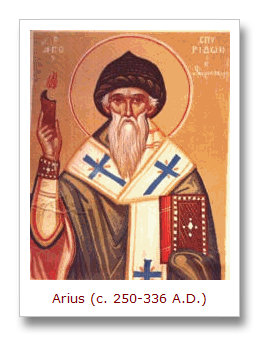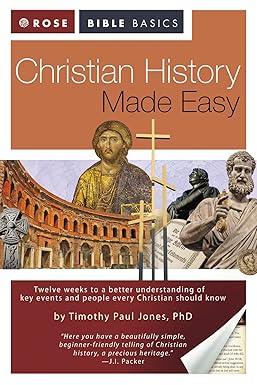The fracturing of the Christian religion into various churches and doctrines with different beliefs started in the early centuries of Christianity.
One source of division was a debate between Christians who believed in Trinitarianism and those who believed in Arianism.
Trinitarianism was based in part on Matthew 28:19, a verse in the Bible which says:
“Go ye therefore, and teach all nations, baptizing them in the
name of the Father, and of the Son, and of the Holy Ghost.”
In the fourth century A.D., some Christian leaders used this and other Biblical verses to develop the doctrine of the Holy Trinity, or Trinitarianism.
Trinitarianism maintains that, although there is only one God, he has three forms: God the Father, God the Son (Jesus) and God the Holy Ghost, aka “the Holy Spirit.”
Another early Christian leader named Arius disagreed with that view. Arius and his followers, called Arianists, believed Jesus was the Son of God but was himself human, not divine like God.
The Roman Emperor Constantine I, who had converted to Christianity, was annoyed by this doctrinary dispute. So in 325 A.D. he convened a meeting of more than 300 Christian bishops in the Turkish city of Nicaea (now named Iznik) and charged them with clarifying what the official Christian beliefs would be.
The meeting came to be called the First Council of Nicaea.
On August 25, 325, after two months of discussion, the Council issued what is referred to as the original or first Nicene Creed.
It established the doctrine of the Holy Trinity as the official Christian doctrine and Trinitarianism was adopted by the Catholic Church, the Eastern Orthodox Church and several smaller Christian subgroups.
The First Council of Nicaea also condemned Arianism as heretical anathema and ordered all Arianist writings to be burned. Arius himself was banished from the Roman Empire and took refuge in Palestine.
Despite all that, some Christians refused to reject Arius’ teachings. Arianism continued to have its followers and, in one form or another, still does today.
In 336 A.D., Arius was pardoned by Constantine I and invited to come to Constantinople. While traveling there he died unexpectedly under suspicious circumstances.
According to a contemporary account: “his bowels protruded, followed by a copious hemorrhage, and the descent of the smaller intestines: moreover portions of his spleen and liver were brought off in the effusion of blood.”
Some historians theorize that Arius was poisoned by anti-Arianist Christian zealots.
If that’s what happened, I suspect Jesus would have disapproved.
* * * * * * * * * *
Comments? Corrections? Post them on the Famous Quotations Facebook page.
Related reading…










